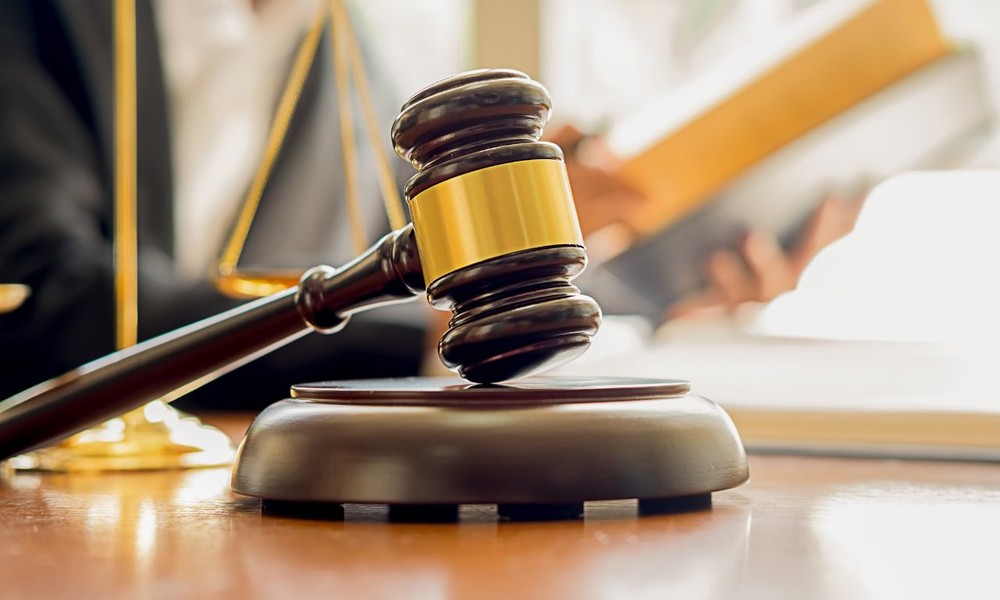Divorce is a challenging and emotionally taxing process, and one of the most significant concerns for many individuals going through a divorce is the division of assets. Whether you’ve been married for a few years or several decades, it’s crucial to take proactive steps to protect your assets and financial interests during divorce proceedings. In this blog, we’ll discuss strategies for safeguarding your assets and preparing for a fair divorce settlement with the help of trusted family law solicitors in Chester.
1. Understand Your Financial Situation
The first step in protecting your assets during divorce is to have a clear understanding of your financial situation. Gather documentation related to your income, assets, debts, and expenses, including bank statements, tax returns, investment accounts, property deeds, and retirement accounts. Having a comprehensive overview of your finances will help you make informed decisions and negotiate effectively during the divorce process.
2. Hire an Experienced Divorce Attorney
Navigating the complexities of divorce law requires expert guidance and representation. Hire an experienced divorce attorney who specialises in family law and has a track record of success in handling divorce cases. Your attorney will advocate for your interests, provide legal advice, and help you understand your rights and obligations under the law.
3. Protect Separate Property
In many jurisdictions, assets acquired before marriage or received as gifts or inheritances during the marriage may be considered separate property and may not be subject to division in divorce. However, it’s essential to take proactive steps to protect separate property by keeping accurate records and documentation of its ownership and origin.
4. Consider a Prenuptial or Postnuptial Agreement
Prenuptial and postnuptial agreements are legal contracts that outline the division of assets and liabilities in the event of divorce. These agreements can help protect your assets and provide clarity and certainty regarding financial matters in the event of divorce. If you haven’t already entered into a prenuptial or postnuptial agreement, consider discussing this option with your attorney.
5. Assess the Value of Marital Assets
Marital assets, including real estate, investments, retirement accounts, and businesses, are subject to division in divorce. Work with your attorney and financial advisor to assess the value of marital assets accurately. Obtaining professional valuations may be necessary for complex assets such as businesses or real estate holdings.
6. Minimise Joint Debt
Debts incurred during the marriage are typically considered marital liabilities and may be divided between spouses in divorce. Take steps to minimise joint debt by paying off outstanding balances or negotiating repayment plans with creditors. Closing joint accounts and opening individual accounts can also help protect your credit and financial independence.
7. Explore Settlement Options
While litigation is always an option, exploring settlement options such as negotiation, mediation, or collaborative divorce can often lead to more favourable outcomes and reduce the time, cost, and stress associated with divorce proceedings. Work with your attorney to explore settlement options and find creative solutions that meet your needs and goals.
Conclusion
Protecting your assets during divorce requires careful planning, strategic decision-making, and expert guidance. By understanding your financial situation, hiring an experienced attorney, protecting separate property, considering prenuptial or postnuptial agreements, assessing the value of marital assets, minimising joint debt, and exploring settlement options, you can safeguard your financial interests and achieve a fair divorce settlement. While divorce can be challenging, taking proactive steps to protect your assets can provide peace of mind and lay the groundwork for a more secure financial future.




